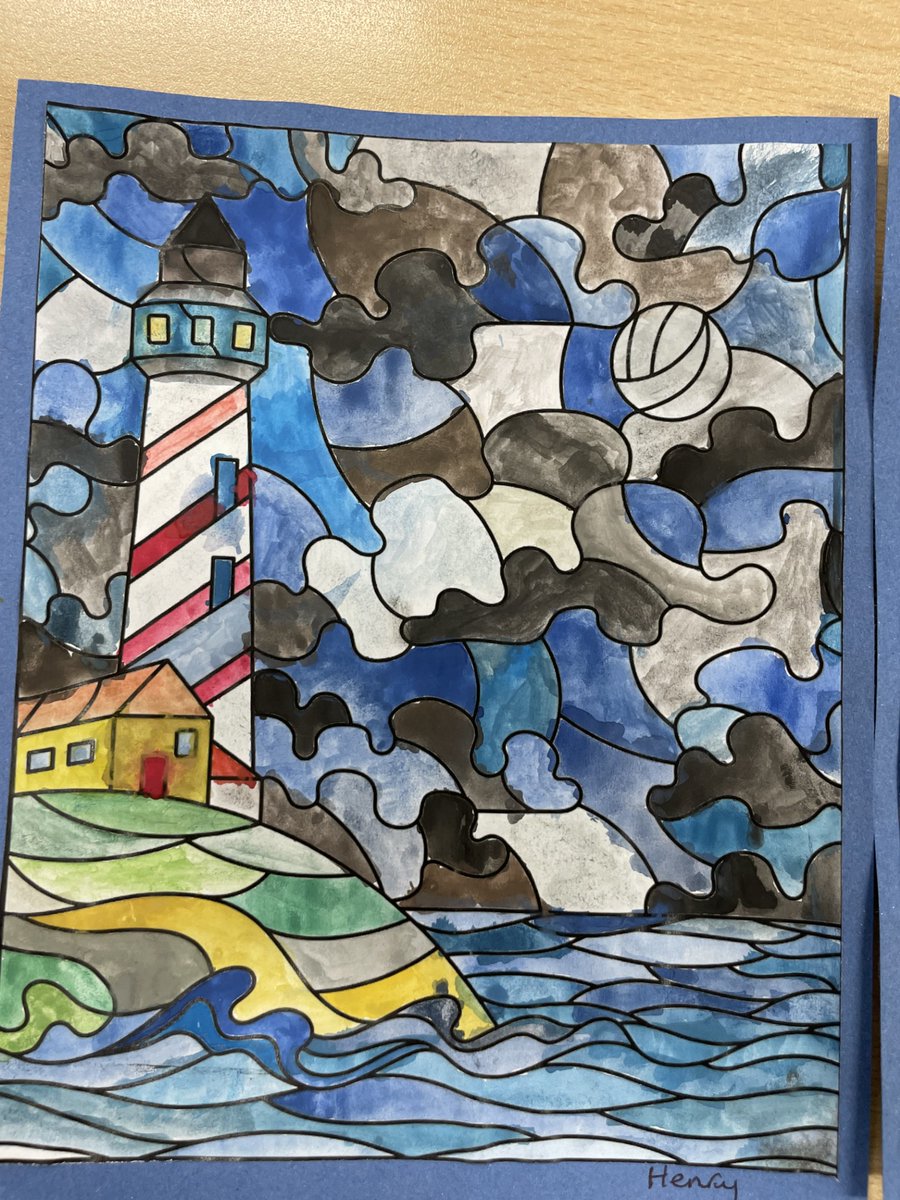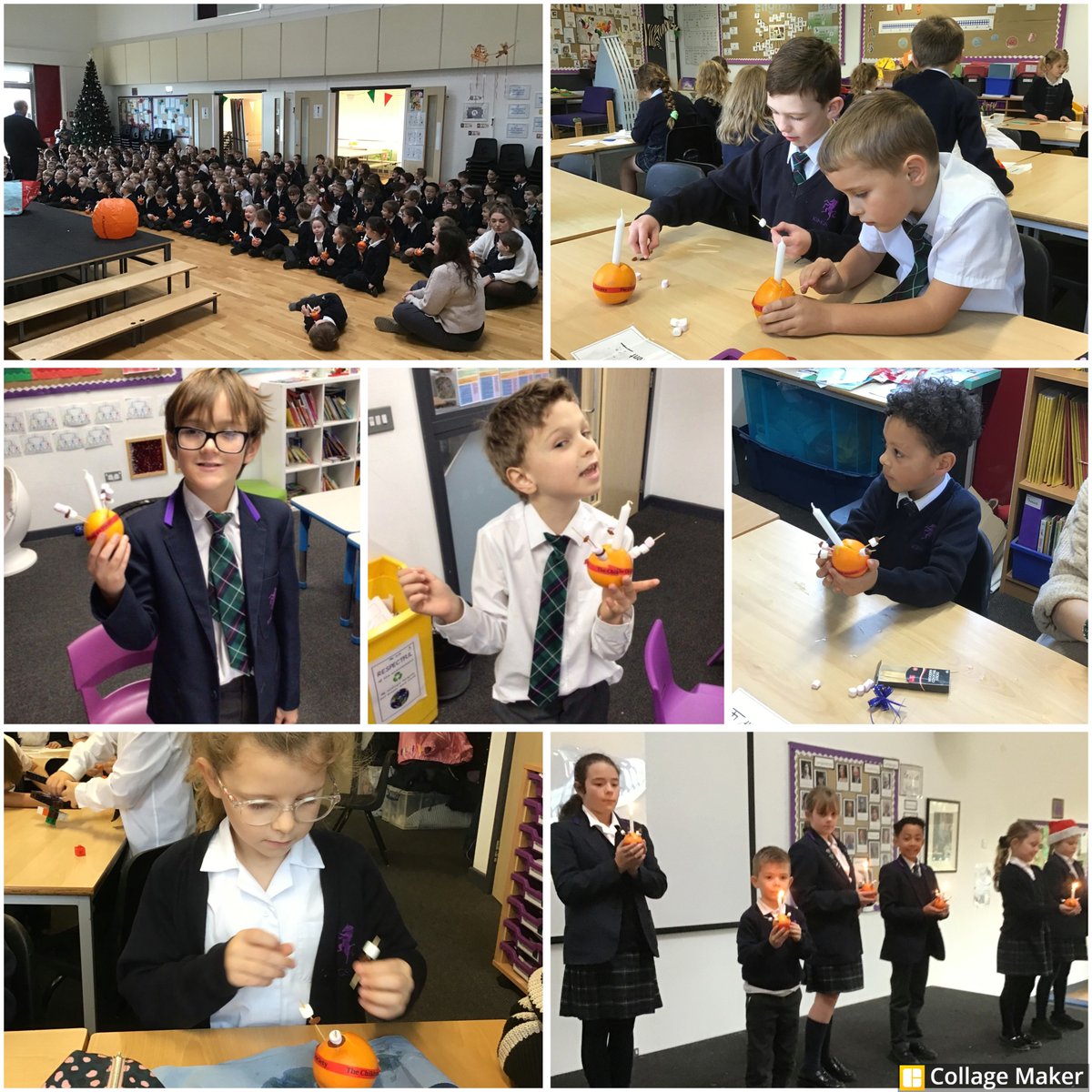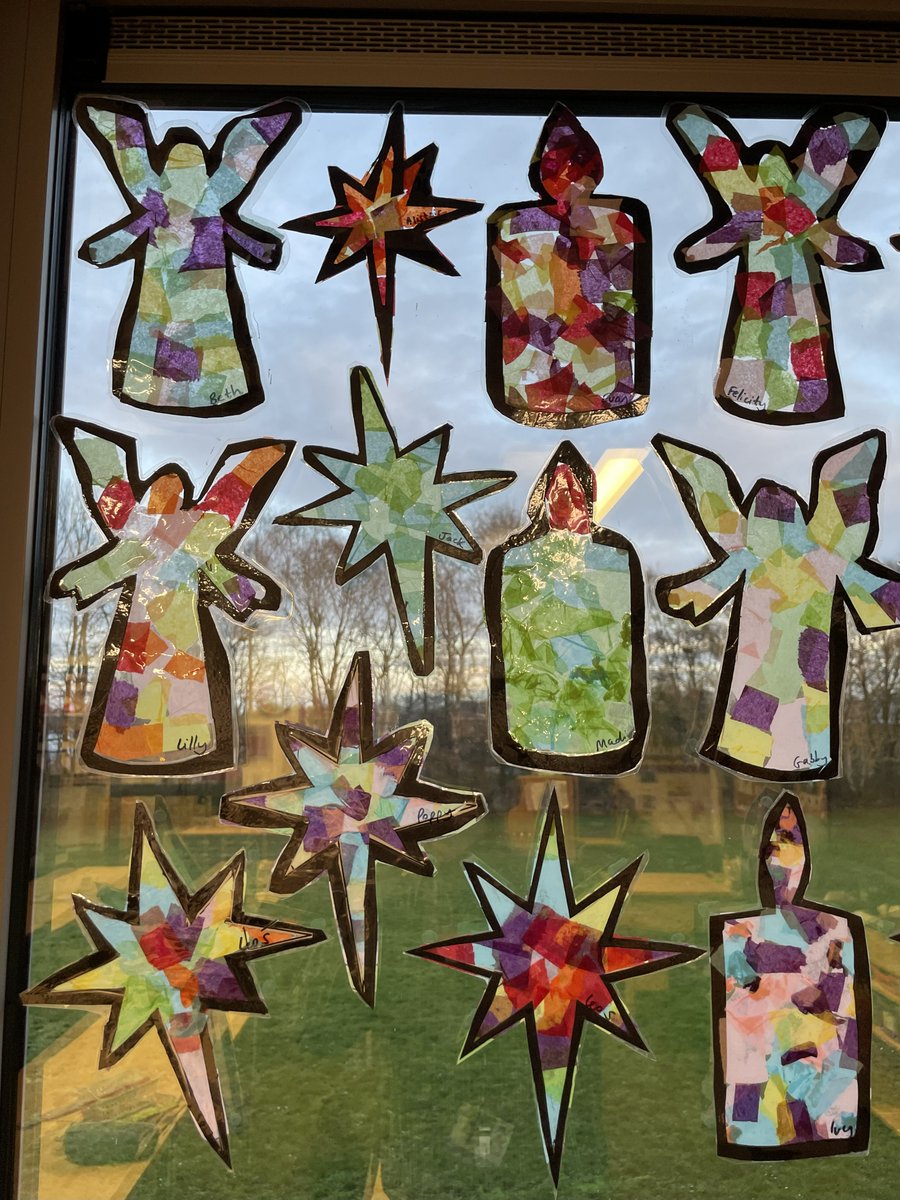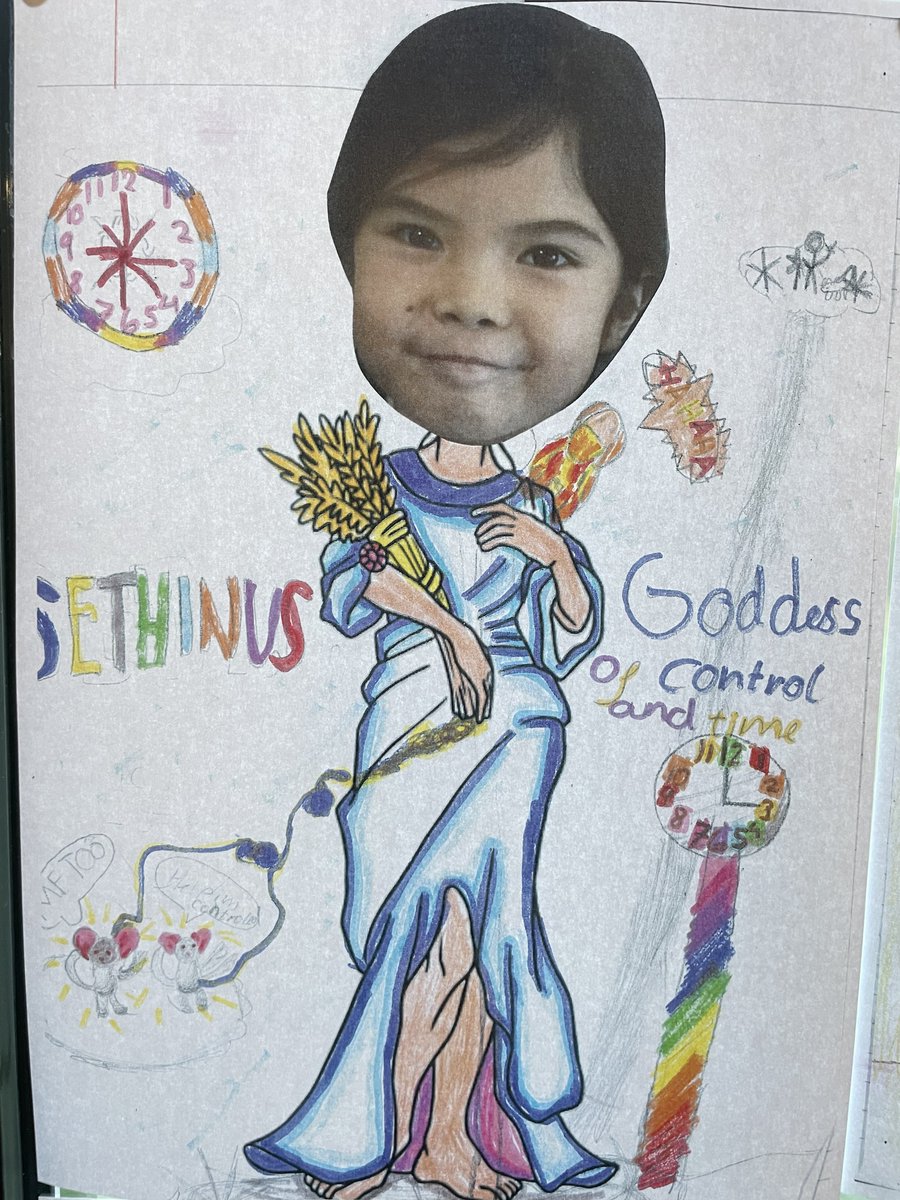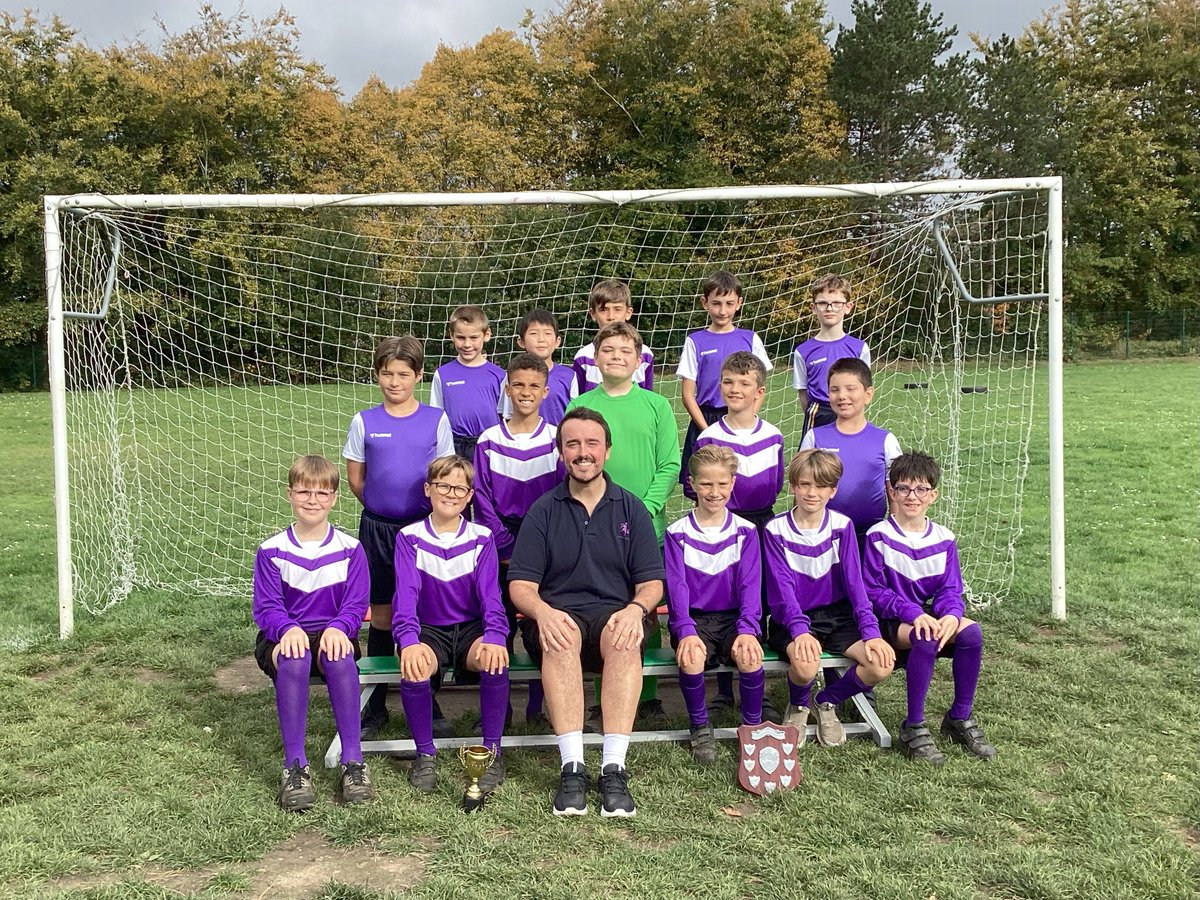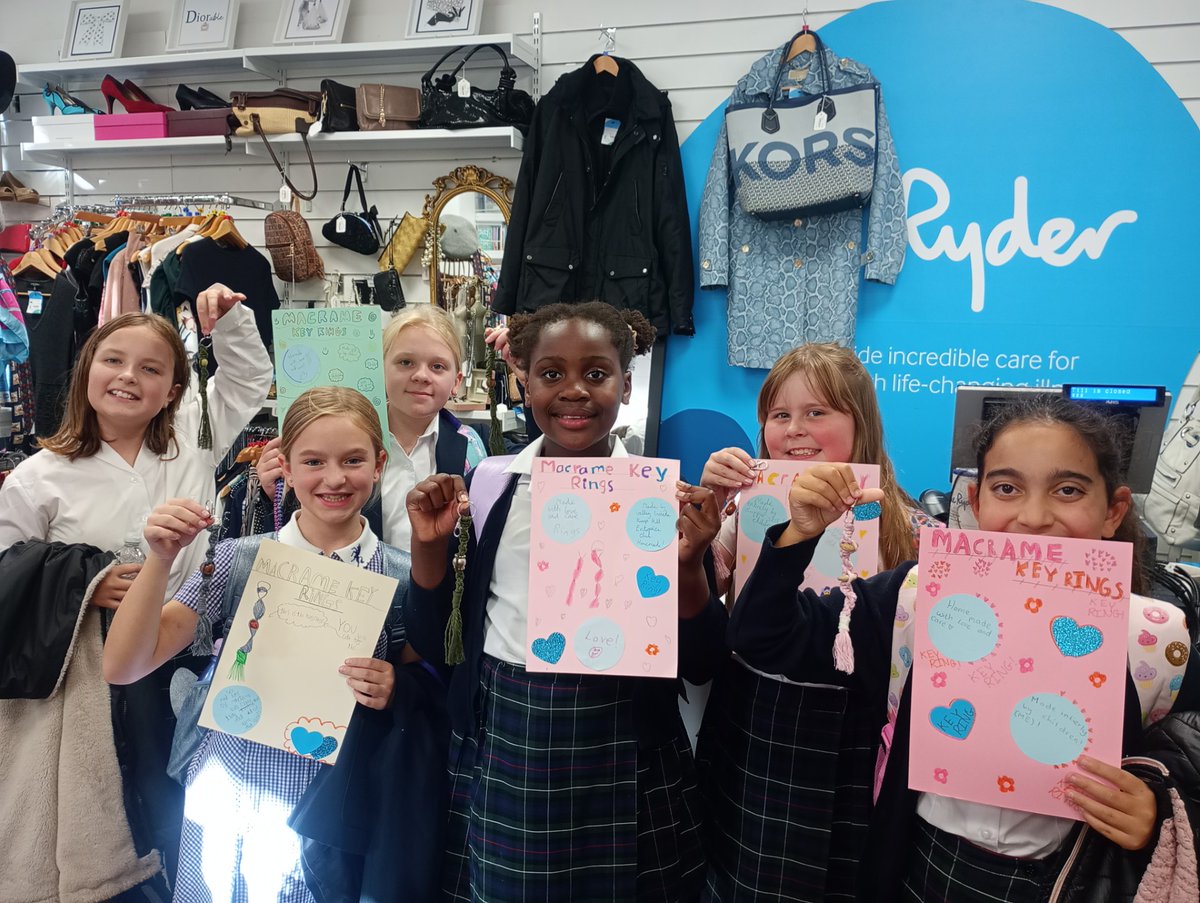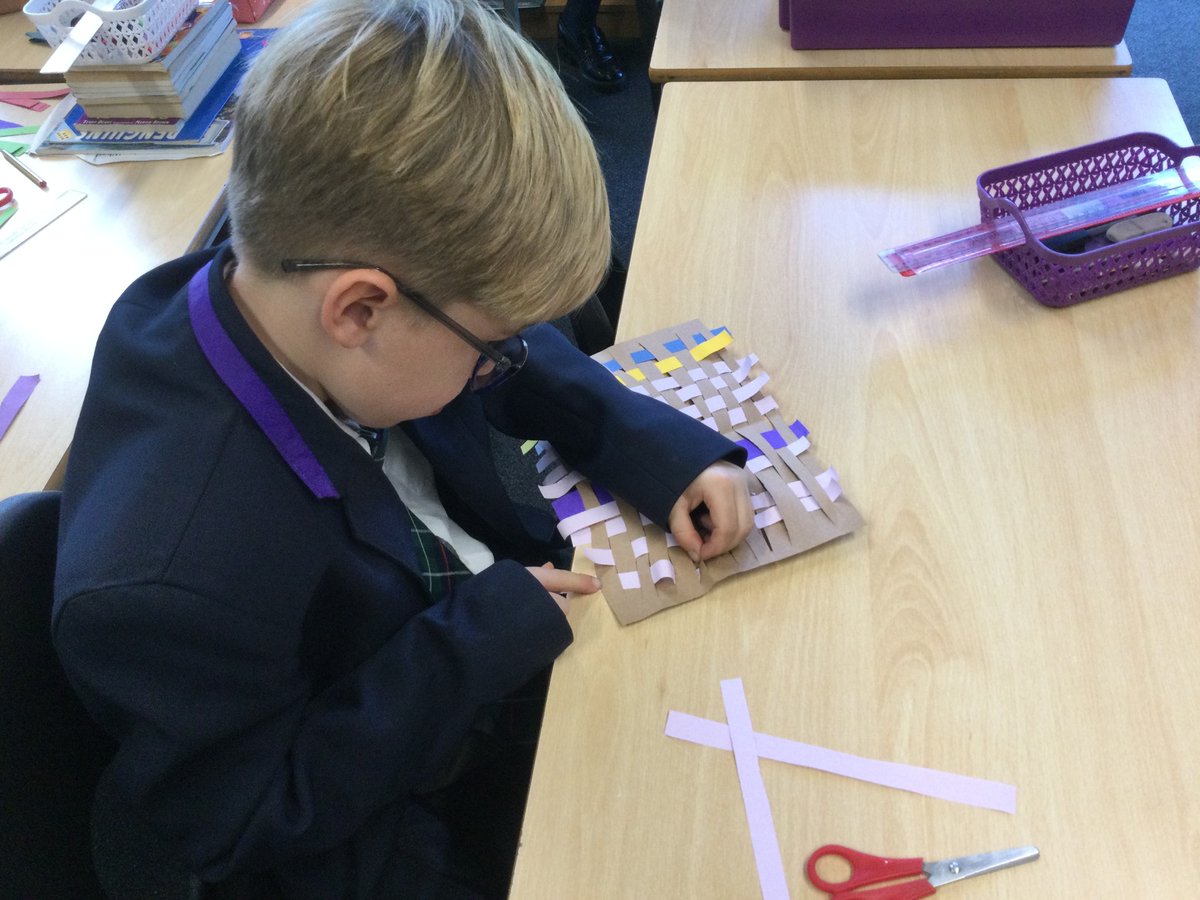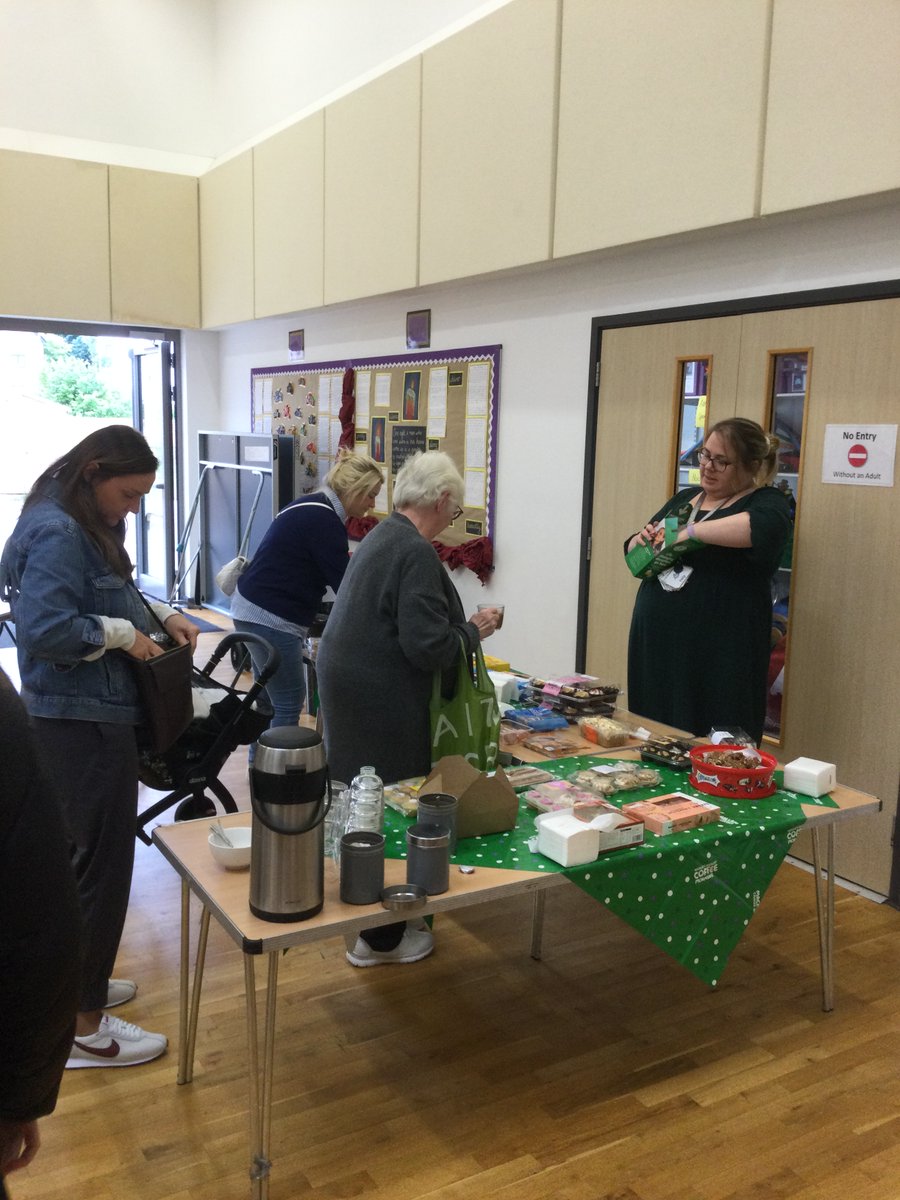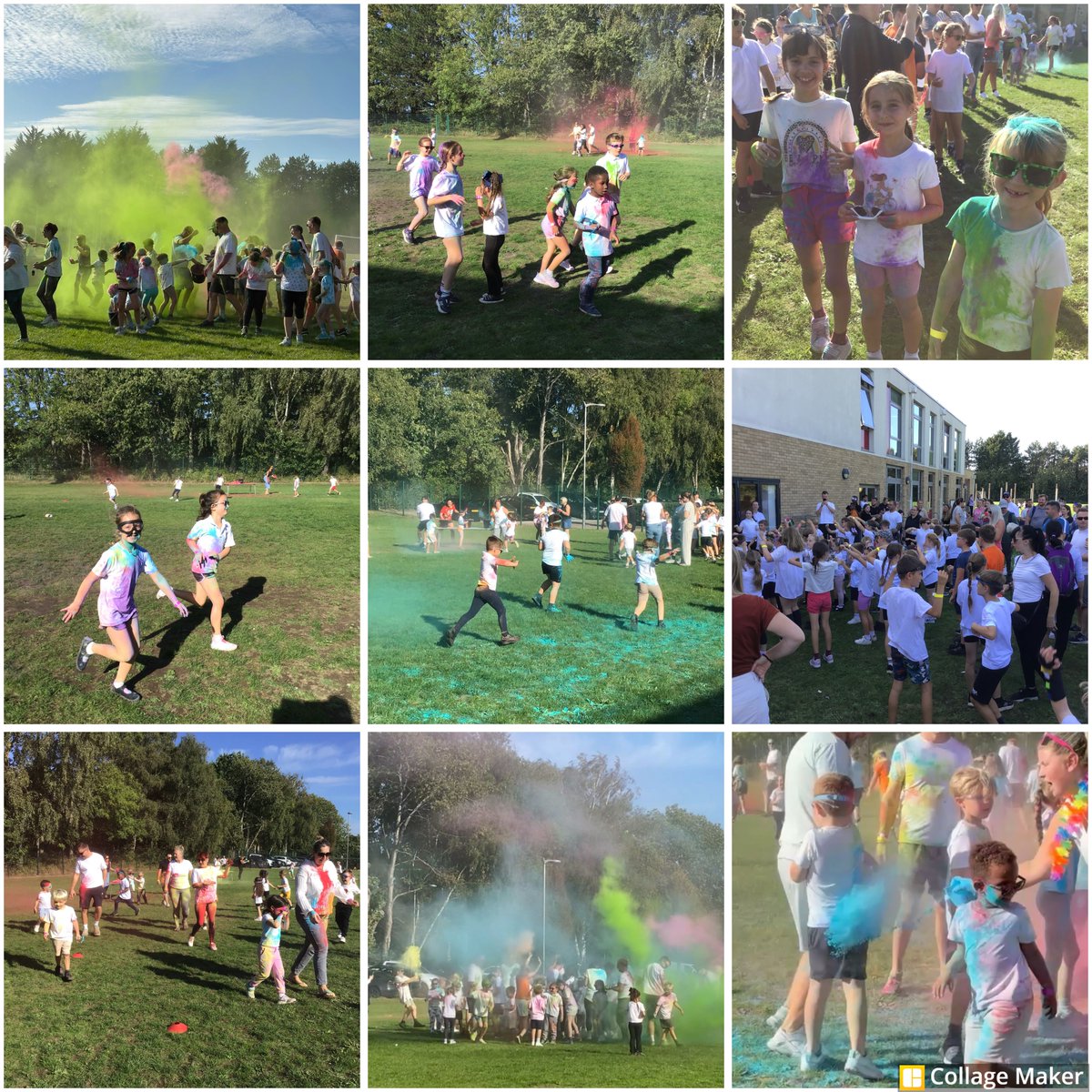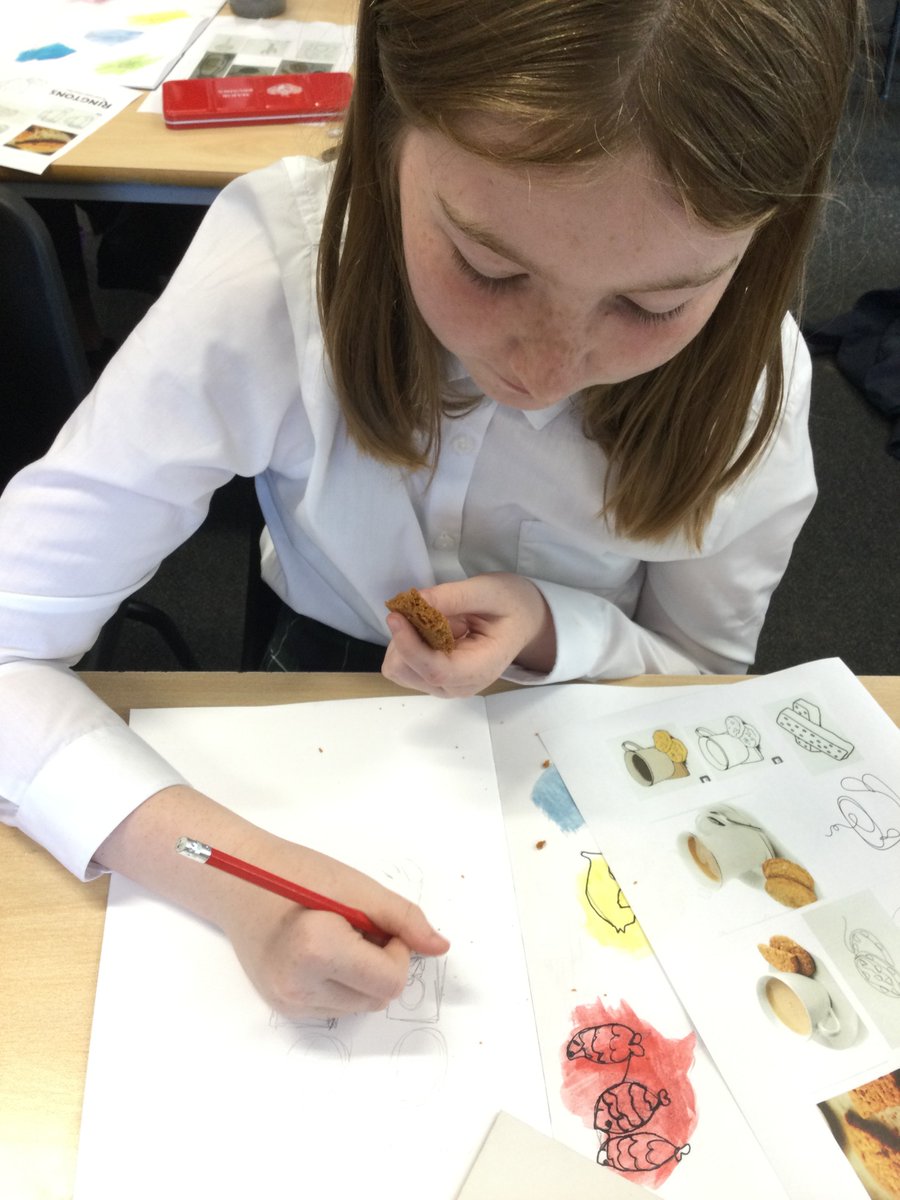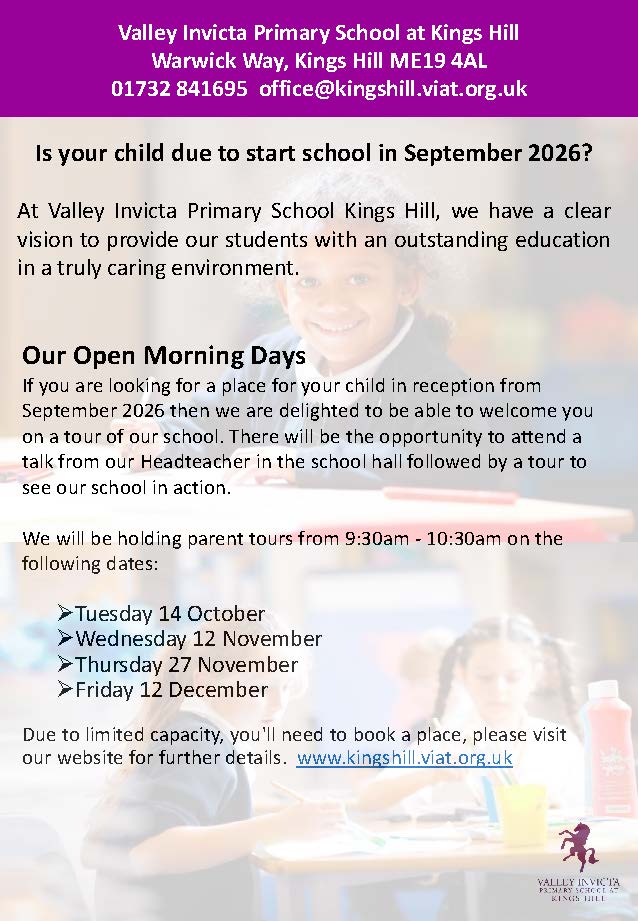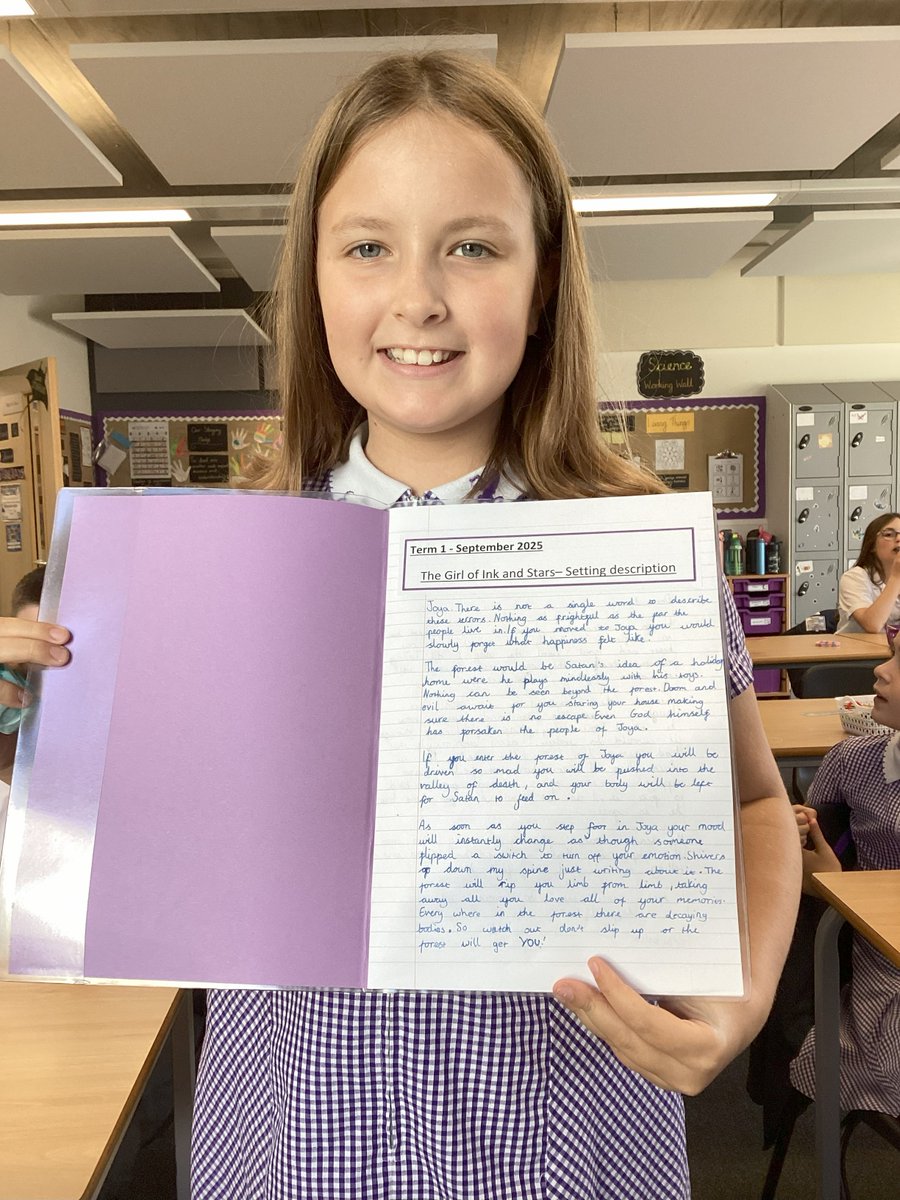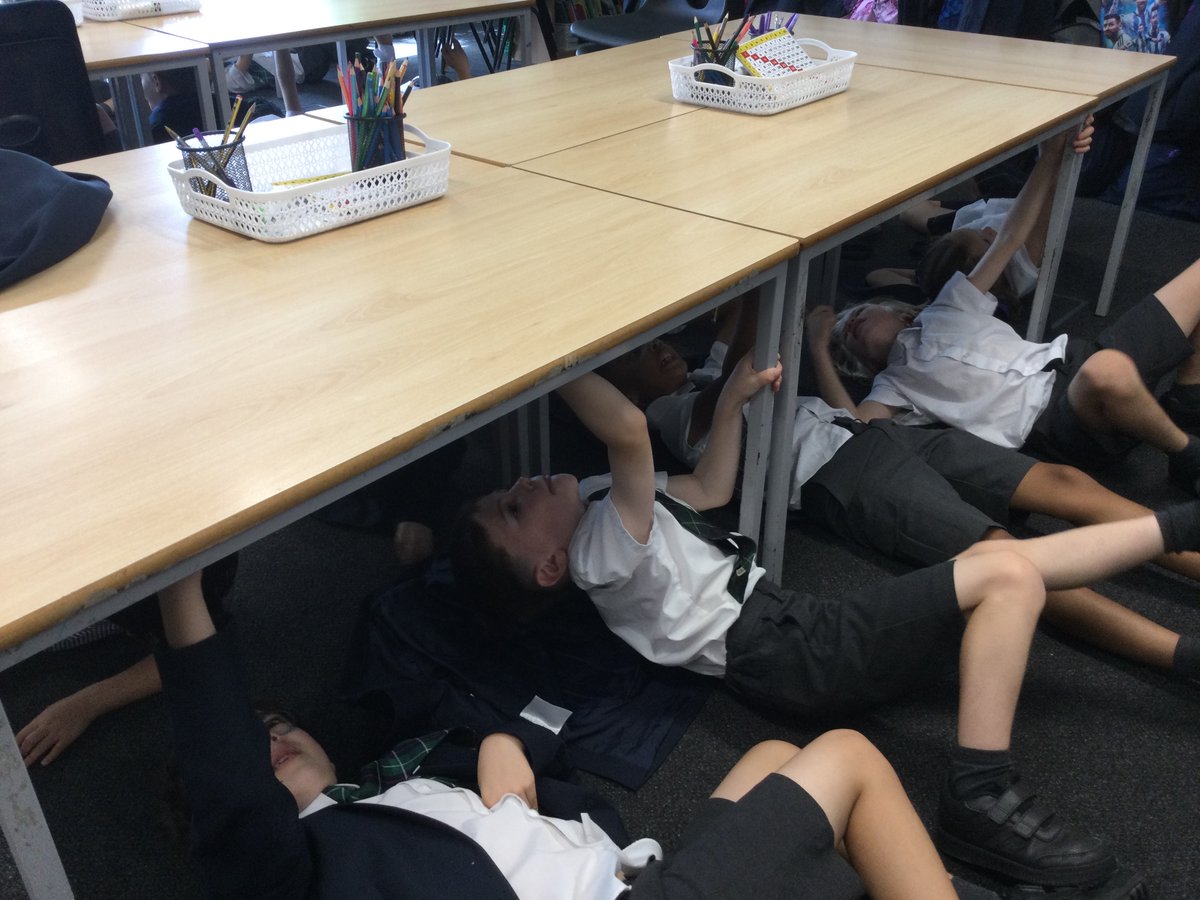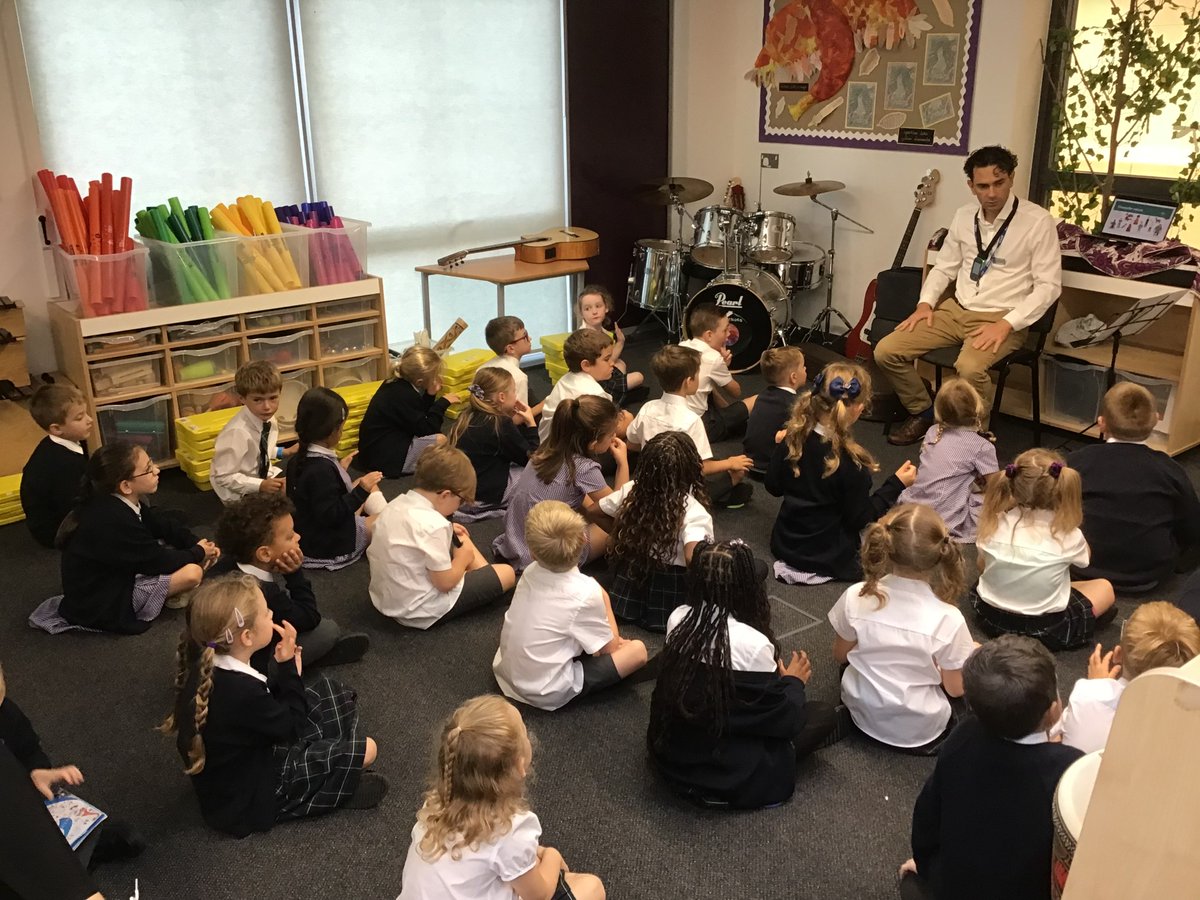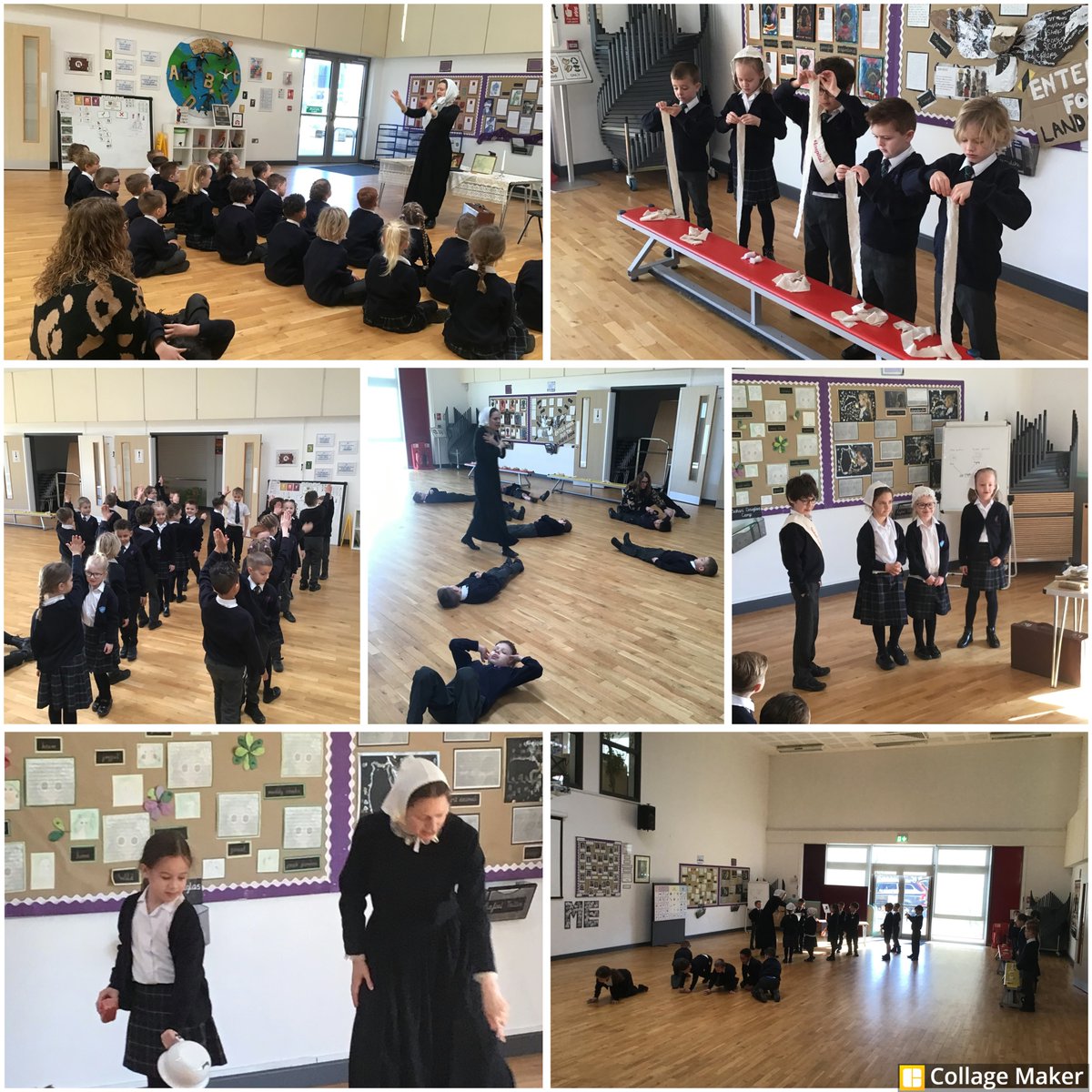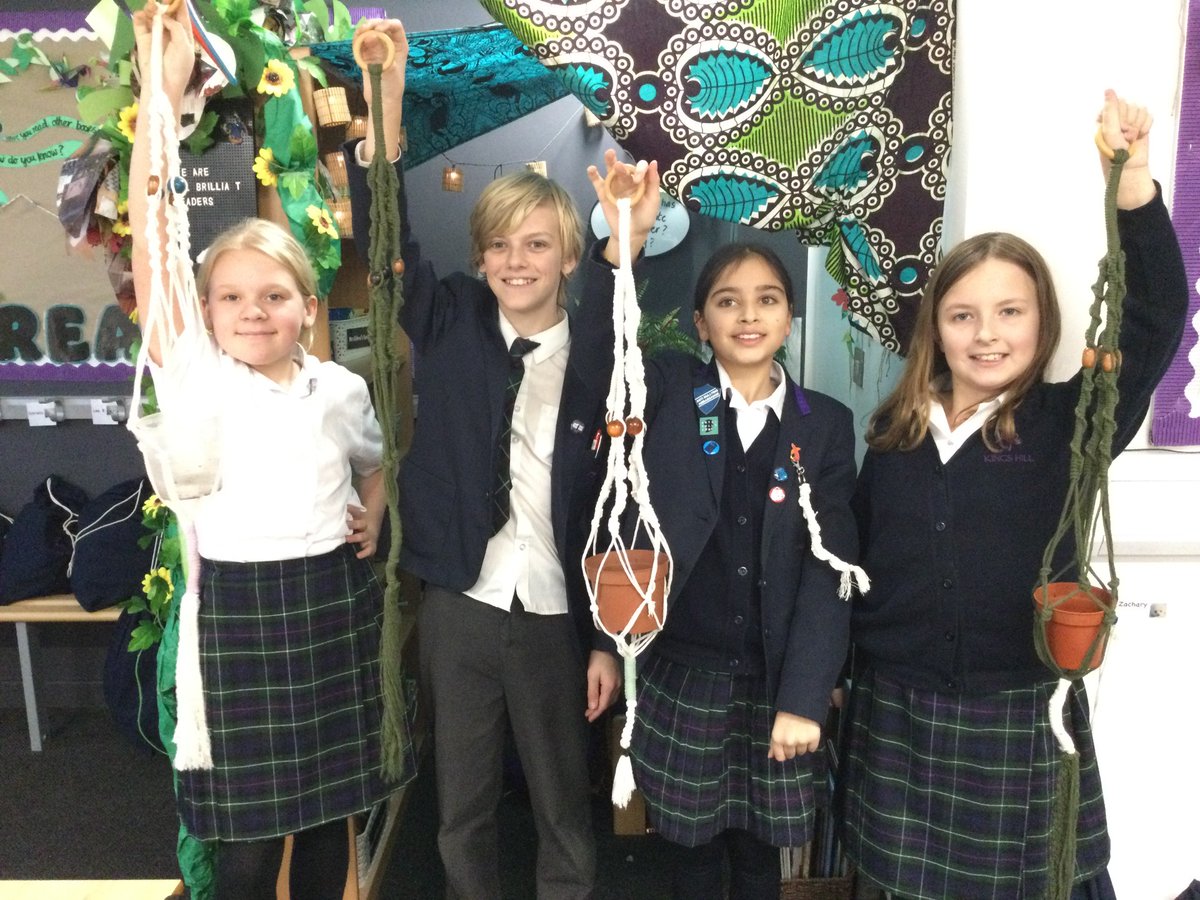Download our FREE smartphone app today!
Modern Foreign Languages (MFL)
Modern Foreign Languages (MFL)
Valley Invicta Primary School at Kings Hill is committed to providing a broad and balanced curriculum across all key stages and we believe that learning a foreign language is an essential skill in today’s global society. Our primary MFL curriculum enables all pupils to reach a level of mastery which will support them in their future MFL studies at secondary level. Aside from developing language skills, there are a number of broader aims, including cultural awareness, fostering pupils’ curiosity to understand the world and broadening the experiences that we offer our pupils. Learning a modern foreign language provides a wealth of opportunities to practise before an audience and develop both speaking and listening skills. We want them to confidently demonstrate their strong interpersonal skills and confidently communicate using their new language skills. Furthermore, we are striving for our pupils to become well-prepared global citizens and enable them to have the ability to participate confidently within their future roles in a global society. Spanish is taught to our KS2 pupils on a weekly basis.
Intent
- To build a curriculum subject which develops learning and results in the acquisition of knowledge in order to prepare our pupils to become global citizens now and in their future.
- To design a curriculum subject with appropriate subject knowledge, skills and understanding to fulfil the requirements of the National Curriculum. This will ensure that the pupils receive a ‘balanced and broadly-based’ curriculum which promotes the spiritual, moral, cultural, mental and physical development to prepare them potential opportunities and responsibilities in the future.
- To build an MFL curriculum subject which ensures children can communicate in another language other than English.
- To design and resource an MFL programme of study which enables our children to explore and experience the cultural capital of Spain through its language and traditions.
Our goal is that all pupils will have a deep understanding of how a language works start them on their journey towards independent, confident communication. The structure of our programme of study reflects this goal, with composites designed to build a solid foundation of language knowledge, understanding and skills. The learning goals complement the methodology currently used in primary schools and also support the skills required for study of MFL at a secondary school.
Our goals are that pupils will learn to:
- use phonics to be able to pronounce Spanish words with precision and independently
- understand, retain and apply some of the fundamental grammatical rules such as gender, plurals, verb conjugations and tenses.
- give presentations and have conversations in Spanish, using phonics to help with pronunciation and using intonation, pace and gesture to facilitate communication.
- Read authentic Spanish texts and using reading comprehension strategies and retained vocabulary to understand them and give opinions on them.
- build resilience and use a bank of strategies when listening to authentic texts.
Implementation
- Valley Invicta Primary School at Kings Hill follows a clear and comprehensive scheme of work in line with the National Curriculum. The scheme of work will focus on the statutory requirements and will be enhanced by providing events and experiences that develop cultural capital.
- MFL is taught on a weekly basis as a block unit within a term. Lessons will be enhanced through the wider curriculum and reinforced through cultural capital events such as international cultural days/weeks.
- Children gain a deeper understanding of the Spanish language studied through the use of high-quality resources that utilise native speakers.
- The four skills of speaking, listening, reading and writing are taught within a sequence of lessons.
- Children can discuss and compare the traditions and culture of Spanish citizens to that of their own.
- Formative and summative assessments build upon and link prior learning and a common level of mastery is achieved by all pupils before moving on to another composite.
Impact
- Children will know more and remember more about MFL and in particular, the Spanish language.
- Children will be able to recognise and apply the Spanish vocabulary verbally.
- Children will begin to write some key phrases in Spanish.
- A majority of pupils will meet the objectives as set out in the languages programme of study.
- Foster an interest in learning other languages.
- To make pupils aware of language structures and how they differ from one language to another.
- To assist children in developing an awareness of cultural differences.
- To further develop their speaking and listening skills.
The teaching sequence in MFL
MFL (Spanish) is taught weekly through whole class teaching. During Spanish sessions, children are given the opportunity to work as a class, as individuals and as part of a group. The choice of class organisation is determined by the learning task. By its nature, MFL will involve lots of interaction with visual, auditory and kinaesthetic prompts. Every year group’s units of work include:
Step 1 ‘Big Picture’ - setting the Spanish learning that is about to take place within the chronology of the pupils MFL learning to date.
Step 2 Review most recent learning in Spanish.
Step 3 Learning Key Spanish Vocabulary.
Step 4 Using Oracy (using spoken language)
Step 5 Applying Literacy – writing Spanish and applying grammar
Ongoing throughout - Developing Intercultural Understanding.
When beginning a new topic, the lessons will typically start with a couple of oral based lessons where the children can listen, understand and repeat phrases with correct pronunciation. This helps children to be able to use words and phrases in correct contexts. The lessons will then follow on with activities where children can use and practise the new vocabulary in certain contexts, for example role playing a café setting where children can use the vocabulary they have recently learnt about food. Towards the end of the topic the focus of the lessons will be more written based where the children will have the opportunity to put spellings with certain sounds.
Assessment
In order for pupils to know more, remember more and do more in regards to learning a modern foreign language, these aspects must be evident in the implementation of the MFL curriculum throughout school. The teaching sequence along with the progression of skills and knowledge, allows the new vocabulary encountered to be used within a purposeful context. Pupils complete an end of module assessment or project. The assessments and projects undertaken cover all areas of the MFL curriculum – listening, speaking, reading, knowledge about Spain and knowledge about language.
For more information about our curriculum, please click here.
Primary Languages Development Award
We are delighted to have been given the Primary Languages Development Award. This 'Enhancing' award enables primary schools to evaluate, strengthen and celebrate their MFL provision. We are delighted that it has been recognised that Spanish is well-established in our school and that the subject is well-led. The strength of the Links Abroad and Transition to KS3 sections has also been recognised.
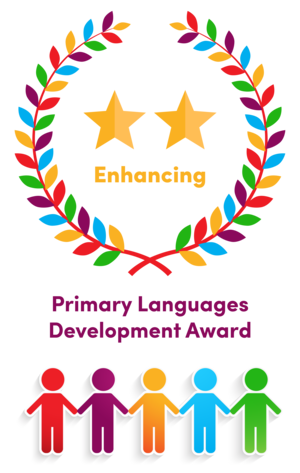
Progression of Skills Year 3 and 4
Year 3 and 4
|
Listening |
Speaking |
Writing |
Reading |
|
Do they understand a range of questions? |
Can students respond to questions about themselves eg. Name, age, birthday etc. |
Can students spell a selection of words using their knowledge of Spanish phonics and how different letters sound? |
Can they read and understand single words and short phrases?
|
|
Do they understand how to respond to a range of questions? |
Can students pronounce Spanish letters and show an understanding of Spanish phonics? |
Can students apply grammar techniques to their written work? |
Can they read aloud single words and phrases? |
|
Do they understand differences in grammar through listening activities? |
Can students give an opinion on food they like and dislike? |
Can students conjugate infinitive verbs into different tenses? |
Can they identify important vocabulary and key grammar concepts? |
|
Can students participate in activities such as role plays and understand questions put to them? |
Can students deliver a presentation in the target language and participate in activities such as role plays? |
|
Can they use books or glossaries to find the meanings of new words?
|
Progression of Skills Year 5 and 6
|
Listening |
Speaking |
Writing |
Reading |
|
Do they understand a range of questions? |
Can students respond to questions about themselves eg. Name, age, birthday etc. |
Can students spell a selection of words using their knowledge of Spanish phonics and how different letters sound? |
Can they read and understand short texts?
|
|
Do they understand how to respond to a range of questions? |
Can students pronounce Spanish letters and show an understanding of Spanish phonics? |
Can students apply grammar techniques to their written work? |
Can they read independently? |
|
Do they understand differences in grammar through listening activities? |
Can students give opinions? |
Can students conjugate infinitive verbs into different tenses? |
Can they identify important vocabulary and key grammar concepts? |
|
Can students participate in activities such as role plays and understand questions put to them? |
Can students justify their opinions with reasoning? |
Can students use conjunctions to make their sentences more interesting? |
Can they use books or glossaries to find the meanings of new words?
|
|
Can students listen to a text and pick out key information to answer questions related to the text? |
Can students deliver a presentation in the target language and participate in activities such as role plays? |
Can students respond to simple questions about a photo card or role play? |
Can they use context to work out unfamiliar words?
|
|
Can students listen to others and make judgements on their Spanish speaking skills? |
Can students explain complex grammar concepts? |
Can students respond to questions about a text in the target language? |
Can they identify key grammar concepts through reading? |
|
|
Can students use conjunctions to make their sentences more interesting? |
Can students give a written opinion and justify their opinion? |
|
Progression of Knowledge
|
|
Year 3 & 4 |
Year 5 & 6 |
|
Listening |
- Students can understand a range of questions. - Students can understand and follow simple classroom instructions. - Students can listen and understand the numbers 1-31 and understand them in sentences describing ages and birthdays. - Students can understand opinion phrases - Students can understand key features of a text |
- Students can understand and respond to a range of questions - Students can identify key grammar concepts in listening activities - Students can understand and follow classroom instructions - Students can listen and understand the numbers 1-31 and understand them in sentences describing ages and birthdays. - Students can understand opinion phrases and justifications - Students can understand short texts and pick out key information to answer questions - Students can understand role play activities and respond to questions
|
|
Speaking |
Students can: - respond to questions about themselves eg. Name, age, birthday etc - pronounce Spanish phonics - Use opinion phrases to give an opinion - use short, simple sentences to engage in a role play activity - describe a photo card in short, simple sentences - deliver a short presentation, using the TL occasionally - apply grammar rules to their spoken work |
Students can: - respond to questions about themselves eg. Name, age, birthday etc - pronounce Spanish phonics - Use opinion phrases to give an opinion and justify their opinion with reasoning and adjectives - use simple and sometimes complex sentences to engage in a role play activity - describe a photo card in short, simple sentences - deliver a presentation, using the TL often - apply grammar rules to their spoken work - use conjunctions to make their sentences more interesting |
|
|
|
|
|
Writing |
Students can: - spell certain words eg. Numbers through their knowledge of Spanish phonics - use ‘me gusta’ to give an opinion - apply grammar techniques to their written work - conjugate infinitive verbs into the 1st person, present tense |
Students can: - spell certain words eg. Numbers through their knowledge of Spanish phonics - use ‘me gusta’ to give an opinion and justify their opinion using ‘porque’ - apply grammar techniques to their written work eg. Making nouns plural, adjectival agreements etc - conjugate infinitive verbs into the present and past tense - use conjunctions to make their sentences more interesting - respond to questions about a text in the target langauge |
|
Knowledge about language |
Students can: - identify what an accent is and why we use them in Spanish - use the verb ‘tengo’ - identify the difference between masculine and feminine nouns - make adjectival agreements - understand how to conjugate an infinitive verb |
Students can: - identify what an accent is and why we use them in Spanish - use the verb ‘tengo’ - identify the difference between masculine and feminine nouns - explain how to make a singular noun, plural - make adjectival agreements - understand how to conjugate an infinitive verb - explain the difference between ‘me gusta’ and ‘me gustan’ and when to use them correctly |
|
Knowledge about Spanish |
Students can: - identify Spain on a map - identify other countries that speak Spanish - identify the capital of Spain - recognise the Spanish flag - name Spanish foods |
Students can: - identify Spain on a map - identify other countries that speak Spanish - identify the capital of Spain - recognise the Spanish flag - name a famous Spanish festival - name Spanish foods |
Whole School Overview
Click here to view the whole school overview for Spanish at Valley Invicta Primary School at Kings Hill.

